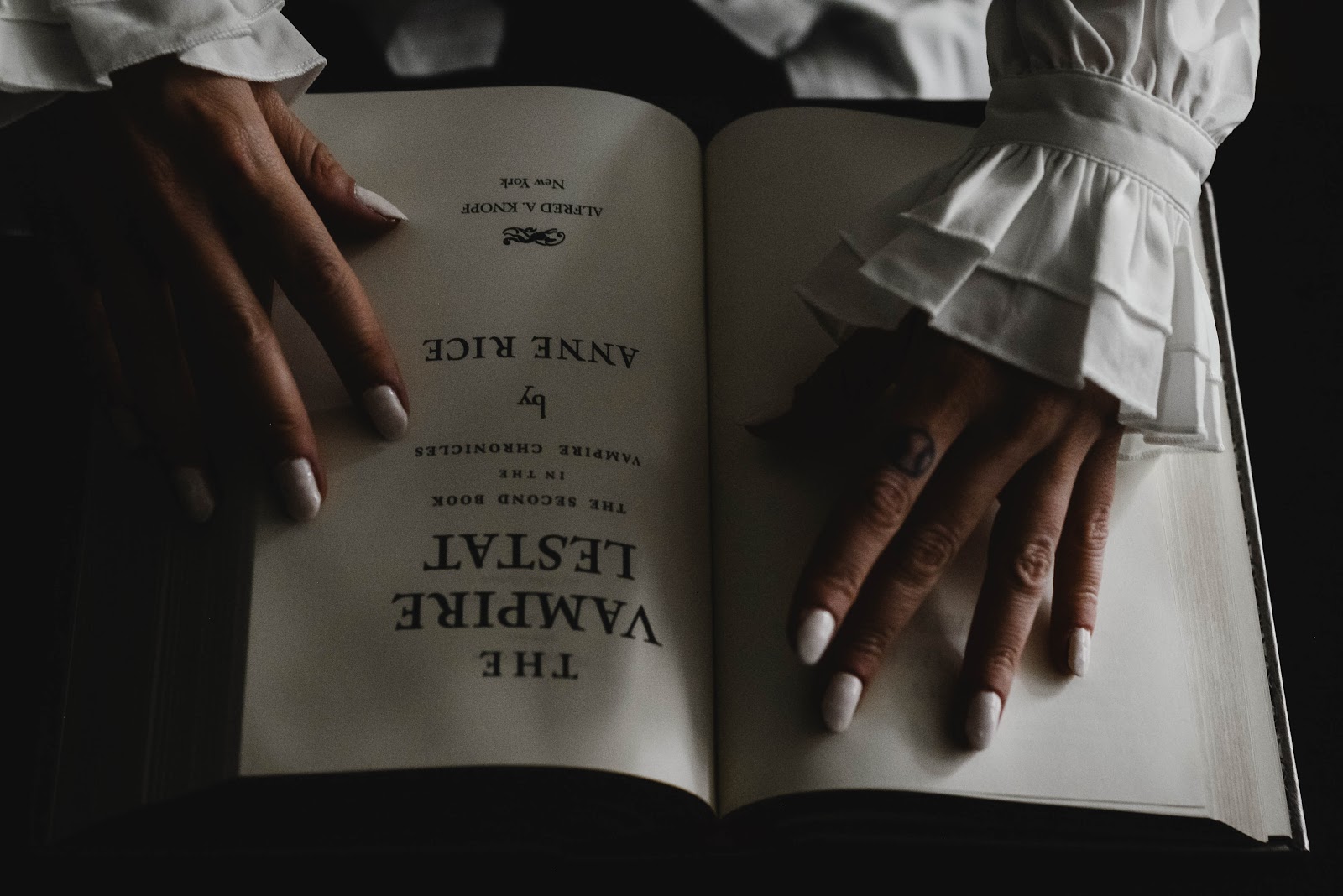Why do you need to care?
You want people to read your book, right? In the indie book publishing world, there are over 2 million books being published every year, according to Berrett-Koehler Publishing. Readers won't just stumble onto your book on Kindle and buy it in droves, you need to work at it. If you're traditionally published, your agent and publisher will need you to identify comparative titles and tropes to help them market your book.
You can write your book for yourself, the way you want it. But when you put it out into the world and you're looking for readers, you need to fit your book into current trends and ideas.
Readers expect certain things when they pick up a book. Think of how writers pitch a tv show or movie: "I read this book series, Game of Thrones. It's like The Tudors mixed with LOTR." "How about a High School Drama, but with Vampires? She's Buffy the Vampire Slayer."
If you're J.R.R. Tolkien or Tamora Pierce or Octavia Butler, you can be a pioneer, but even then they are building on what has come before. Although the belief in a tortured genius who is misunderstood in their own time is a powerful dream, it disregards the hard work authors put in to understand their craft and to communicate through their work with their audience. It's also elitist patriarchal malarkey.
What can you do?
So how do you find your genre expectations and incorporate them into your work?
Read, read, read
All the posts this week reiterate the most important point. Kristine focuses on reading in your genre and adjacent ones, reading reviews, finding reader comments online. Alexia puts it succinctly: "Don't forget to read."
“Read. Read anything. Read the things they say are good for you, and the things they claim are junk. You’ll find what you need to find. Just read.” – Neil Gaiman
The more you read, the more you will learn, and the better you will write.
What are the bestsellers in your genre? Search Amazon and Goodreads if you don't know and read them. Read as much as you can and start to notice the similarities. Is there always a Gandalf or Dumbledore who helps along the way? Does a mysterious warrior save the day? Are the aliens misunderstood? How is the coming-of-age character described as insufficient (or shy or unaware of their power) at the start and how do they develop throughout the story? Ask questions and be observant.
Study, study, study
I am an obsessive plotter and pre-writer. The longer I can sit with the ideas and imagine my story before I write a first draft, the more confident I feel about the characters and narrative.
Jeffe,
in her post, reminds us that writers start as readers--and we can't take shortcuts in learning our craft.
As part of my pre-writing, I love reading about plot frameworks and researching craft advice by more experienced authors. Find the big writing books in your field, read them, and take notes. Inspire yourself by reading blogs and reviewing story beat templates.
Here are a few of my favourites:
- Story Grid is such a helpful framework, if overwhelming for beginning writers. You don't need to follow it slavishly, but their studies of major novels and movies helps you to see the patterns at work.
- The Hero's Journey and Save the Cat are two helpful outlining/beat tools. There are many others out there--look around and see which ones appeal to you.
- Wonderbook is a feast for the eyes and a great way to push your thinking about setting and creating world outside of the box.
- KM Weiland is one of many bloggers and writers who are worth following.
Look at tropes lists
When I first started writing, I thought I only needed to have some good characters and a solid sense of the beats. Tropes were too cliche. Now I see that tropes are a short-hand to help readers find SFF stories they like. Some fantasy romance readers love enemies-to-lovers, while others champion friends-to-lovers. In YA dystopian fiction and Urban Fantasy, the bad-ass female warrior never seems to go out of style, but her appearance and personality change with time. Alien relationships have changed forever thanks to Ice Planet Barbarians--and readers can't get enough of them.
As a writer, you will have your favourites, so lean into those and have fun with them. Do you like the Archie-Veronica-Betty triangle? Gender swap and put them in a world governed by strict class and geographical boundaries and make it life or death (aka The Hunger Games). Do you love a good seduction and abandonment story? Make it vampires and set it in New Orleans (aka The Vampire Lestat). There are so many possibilities!
You can find some fun tropes lists here:
And everyone should listen to this podcast to be responsible in their representations of indigenous peoples in SFF:
- Métis in Space (important considerations of indigenous steretypes in SFF)
Join reader groups
In her post this week, Marcella describes her experiences listening to fandom readers talk about what matters to them. Writers have amazing opportunities to hear from readers today and to learn what expectations they have. Scroll through Goodreads, join some Facebook groups or watch videos from Booktok. This research will help you understand your audience and what they want.
Remember that everything you read, study, and hear goes into the simmering pot of your story. You have to find the sweet spot between genre expectations and the book inside of you. But ignore genre expectations at your peril!
“Read a thousand books, and your words will flow like a river.” – Lisa See
Until next time, Mimi











